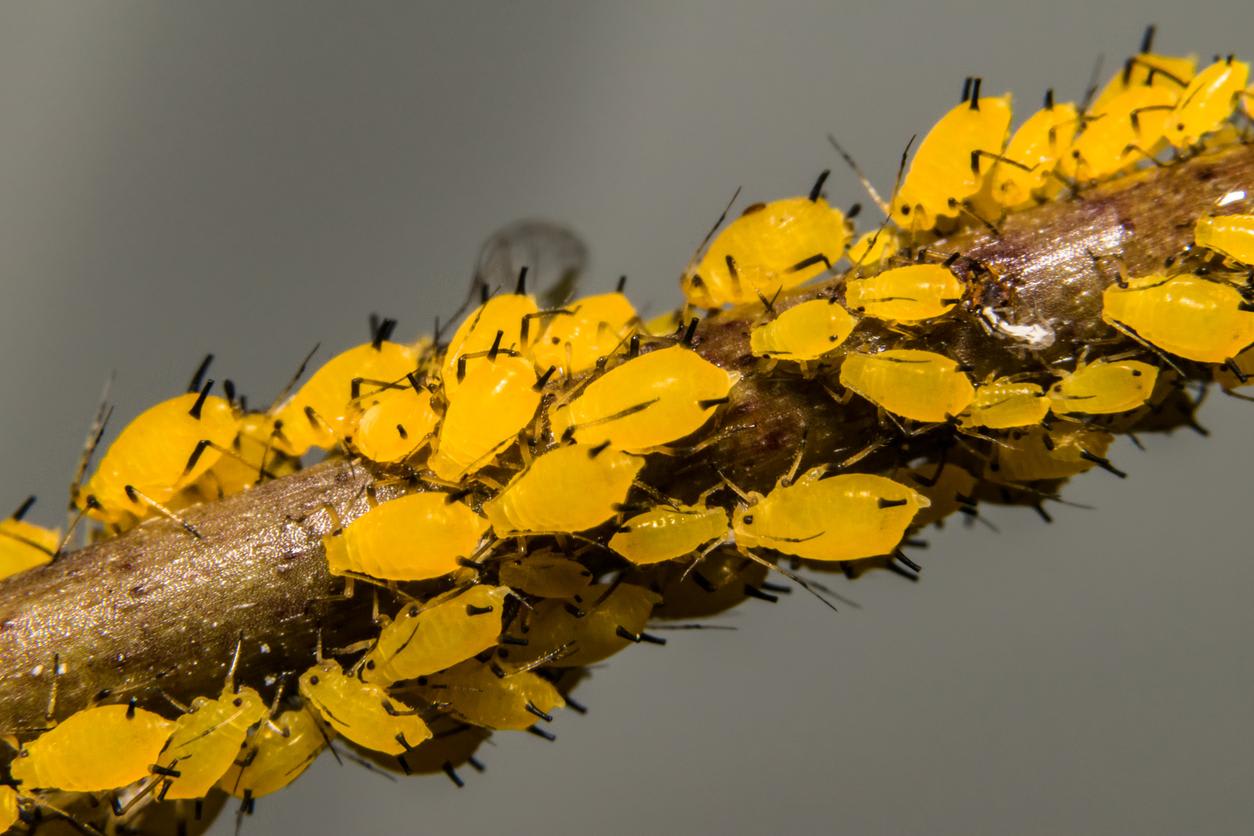An Insect Army Created in Order to Protect Crops

Apparently, the Pentagon is currently looking towards making insects into our allies when we face crop loss during various agricultural emergencies. The bugs will be equipped with some genetically engineered viruses and they could be sent quickly when important crops, such as wheat or corn, become vulnerable to a natural disaster, drought or even an unexpected attack with a biological weapon.
This interesting idea envisions the microbes to modify the plants’ genetics which will allow them to become protected immediately, during only one season of growth. Insect Allies is the cute name of the program, which received funds from DARPA (the Defense Advanced Research Projects Agency).
Of course, there are some critics out there who find the whole thing a creepy charade. An article from the Science journal was published by a team of skeptical legal scholars and scientists this Thursday and it argues how this program could act as a veritable Pandora’s Box. They think that the technology involved “may be widely perceived as an effort to develop biological agents for hostile purposes and their means of delivery”.
They even created a site shows clearly their objections, more exactly that “the DARPA program is easily weaponized”. Blake Bextine, the program manager for Insect Allies, responded to the article’s accusations, saying that the program comes only with peaceful purposes and it was also reviewed by the government agencies which are responsible with the agricultural safety.
Also, it will come with multiple layers of protection which should deter the insects from causing disasters. When he spoke with the Washington Post, he said that “I don’t think that the public needs to be worried. I don’t think that the international community needs to be worried”. Although he recognized that this program could act as a weapon, he said that a lot of current technologies have this dual-characteristic, of being good and possibly bad.
0 comments